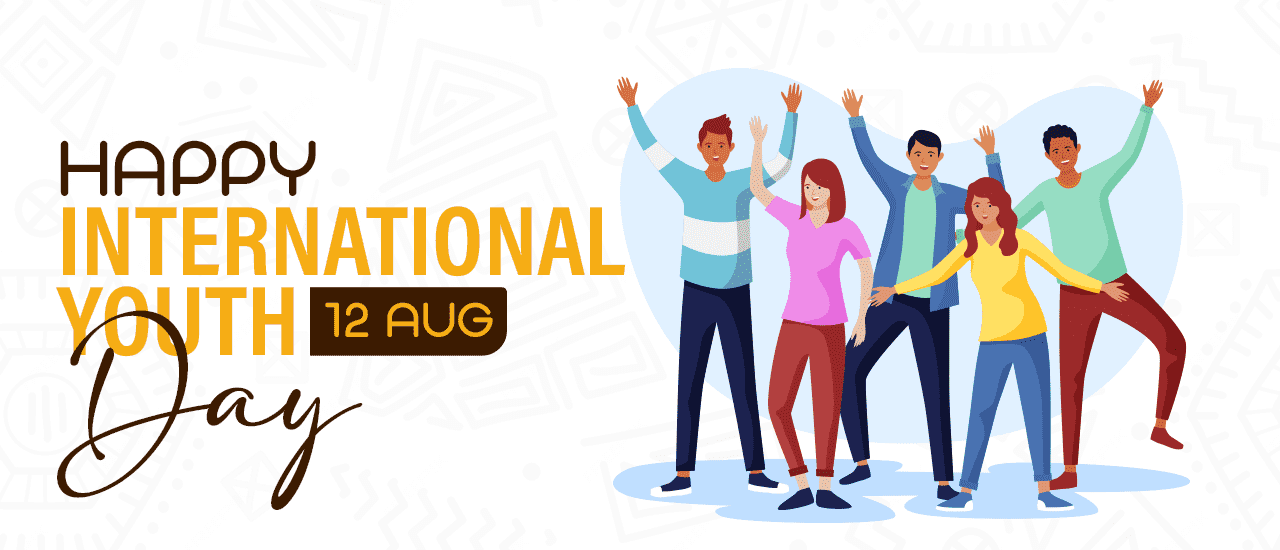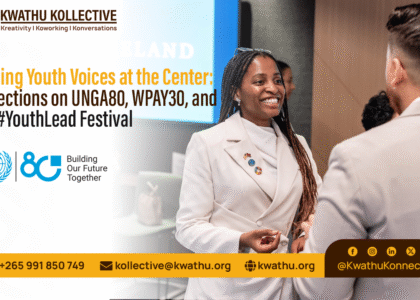Today, we at Kwathu Kollective join the global community in celebrating the incredible potential and achievements of young people. This year’s theme, “From Clicks to Progress: Youth Digital Pathways for Sustainable Development,” highlights the transformative power of digital technology in driving sustainable development.
Embracing Digital Innovation
In an era where digital technology is reshaping every aspect of our lives, young people are at the forefront of this revolution. They are not just users but also creators, innovators, and leaders in the digital space. From developing apps that address local challenges to using social media for advocacy and awareness, youth are leveraging digital tools to make a significant impact.
Bridging the Digital Divide
While digital technology offers immense opportunities, it also presents challenges, particularly the digital divide. At Kwathu Kollective, we are committed to ensuring that all young people, regardless of their background, have access to the digital tools and skills they need to thrive. Through our various programs, we provide training in digital literacy, coding, and other essential skills, empowering youth to harness the power of technology for positive change.
Our Youth Programs
We offer a range of programs designed to empower young people:
Creative & Innovation Hub: A space where young innovators can collaborate, access resources, and develop their creative projects.
Entrepreneurship Training: Programs that provide young people with the skills and knowledge to start and manage their own businesses.
Mentorship Programs: Connecting youth with experienced mentors who can guide them in their personal and professional development.
Looking Ahead
As we celebrate International Youth Day, we look forward to a future where digital pathways continue to open new doors for sustainable development. We encourage all young people to embrace digital innovation, stay curious, and continue to push the boundaries of what is possible.
Join us in celebrating the power of youth and digital innovation! Share your stories, ideas, and projects with us using the hashtag #KwathuYouth2024. Together, let’s make progress from clicks to sustainable development!
Happy International Youth Day!
Work With Us
Want to partner on or fund one of our programmes / initiatives? We are always open to collaborations and partnerships. Contact our Business Development Associate; Ms. Abigail Zingani via contact@kwathucentre.org, or give us a call(direct or WhatsApp) on +265991850749.
To keep up with the work of the Ntha Foundation, our hub the Kwathu Kollective, our initiatives and our projects, follow us on socia media:
NTHA FOUNDATION SOCIAL MEDIA
KWATHU KOLLECTIVE SOCIAL MEDIA











